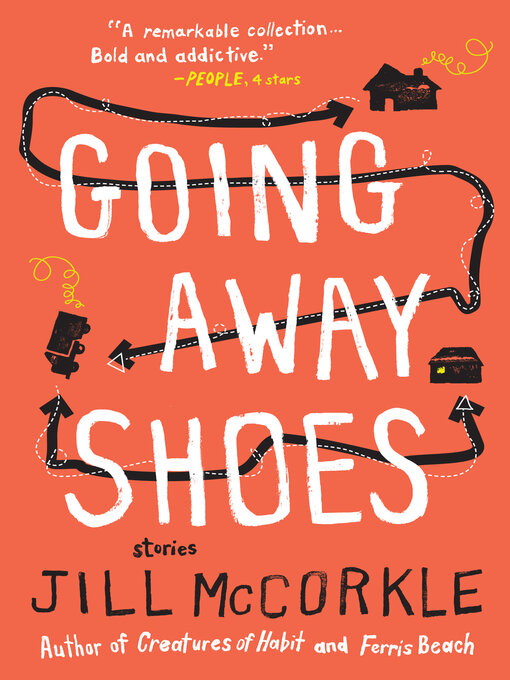- New eBook additions
- Available now --eBooks
- New kids additions
- New teen additions
- Most popular
- Try something different
- Guides to Antiracism
- In the Garden
- North Carolina History
- See all ebooks collections
- New audiobook additions
- New kids additions
- New teen additions
- Available now --Audio
- Try something different
- Audiobooks with Great Narrators
- Short & to the Point--Audiobooks under 3 Hours
- Audiobooks for the Whole Family
- Most popular
- See all audiobooks collections
- Popular Magazines
- Let's Get Cooking!
- News and Politics
- Lifestyle Magazines
- Spanish Language Magazines
- All Magazines
- Business and Finance
- Kids and Teens Magazines
- Science
- Family and Parenting
- Tech and Gaming
- Home and Garden
- Hobbies and Crafts
- See all magazines collections




